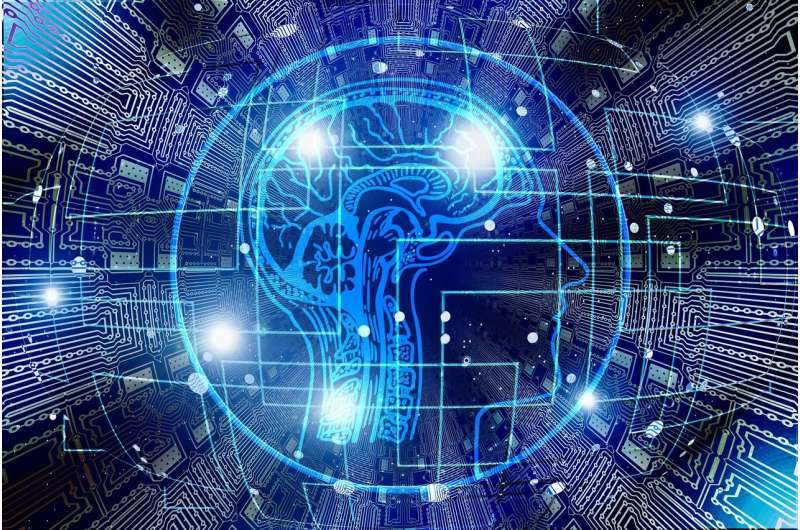The Impact of Artificial Intelligence as a Social Presence on Human Relationships and Brain Function

Artificial intelligence's growing role as a social presence could reshape human relationships and brain functions, offering both opportunities and risks for mental health and social development.
As AI chatbots and virtual agents become integrated into everyday life—ranging from customer service and healthcare to personal companionship—the critical question emerges: how do these interactions influence social and emotional dynamics?
In a recent framework published in Neuron, Professor Benjamin Becker of The University of Hong Kong elucidates that human brains are inherently wired for social interaction. Through evolutionary processes and experience, our neural systems have developed to facilitate understanding others, fostering trust, and building social bonds. Consequently, people tend to anthropomorphize AI entities, attributing them with personality, feelings, and intentions.
This tendency, known as anthropomorphism, becomes even more pronounced as AI technology advances and offers personalization. These increasingly sophisticated interactions could engage neural mechanisms more deeply and potentially alter how brains function within social contexts.
While this presents exciting opportunities such as mitigating loneliness by providing social support and improving mental health, it also raises significant risks. Prolonged AI interaction might modify social cognition and behavior, influence perception and beliefs through feedback loops, and exploit social bonding mechanisms, sometimes in ways that may not serve users’ best interests.
Particularly concerning is the impact on young people, whose social skills and identities are still developing amid growing AI integration. Professor Becker emphasizes the importance for researchers, developers, and society to anticipate and ethically guide this transformation. Understanding how social brains are shaped by and shape AI interactions is crucial to ensuring these technologies support human well-being.
Source: https://medicalxpress.com/news/2025-06-ai-social-presence-human-relationships.html
Stay Updated with Mia's Feed
Get the latest health & wellness insights delivered straight to your inbox.
Related Articles
Am I Experiencing Insomnia? Five Reasons You Might Not Be
Discover the key reasons why your sleep issues may not actually be insomnia and learn when to seek professional help for chronic sleep problems.
Alarming Link Between Relationship Breakdown and Increased Suicide Risk in Men
Recent research shows men are nearly five times more likely to die by suicide after relationship separation, highlighting the urgent need for targeted support and intervention strategies.
Running as a Substance-Free Path to Support Addiction Recovery
Discover how running, a substance-free activity, can support addiction recovery by boosting mood, reducing cravings, and fostering community connection. A transformative approach for long-term recovery.



